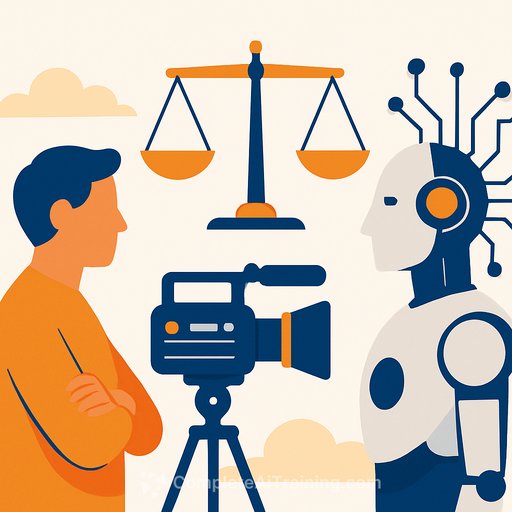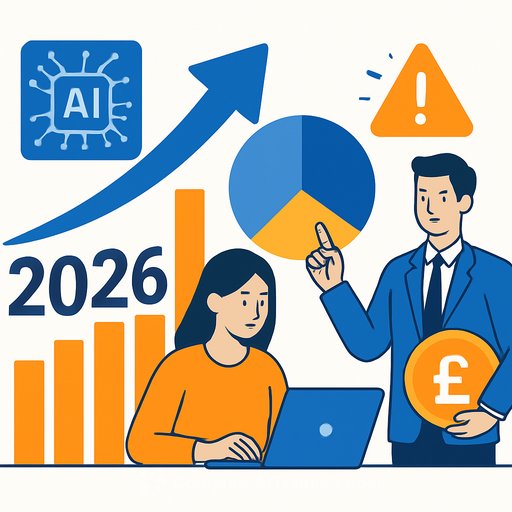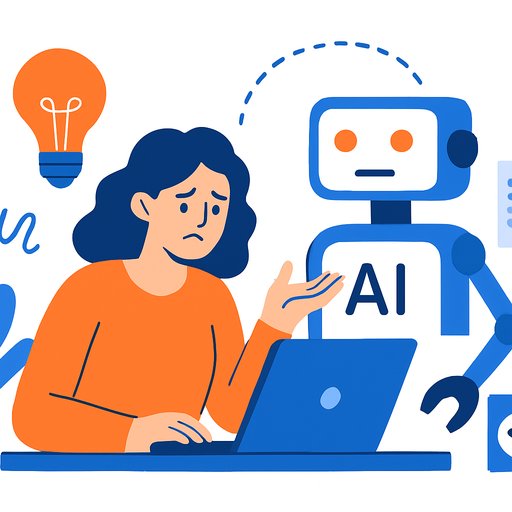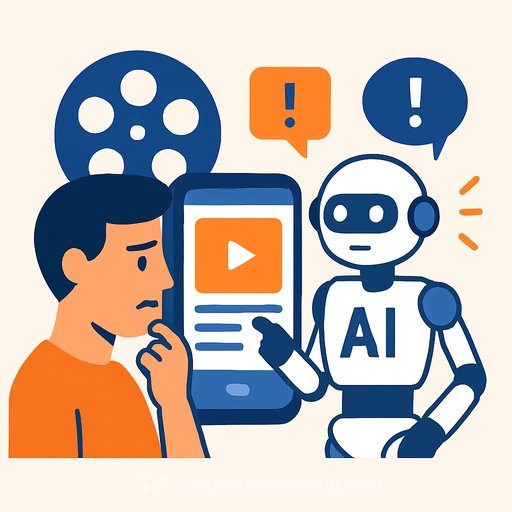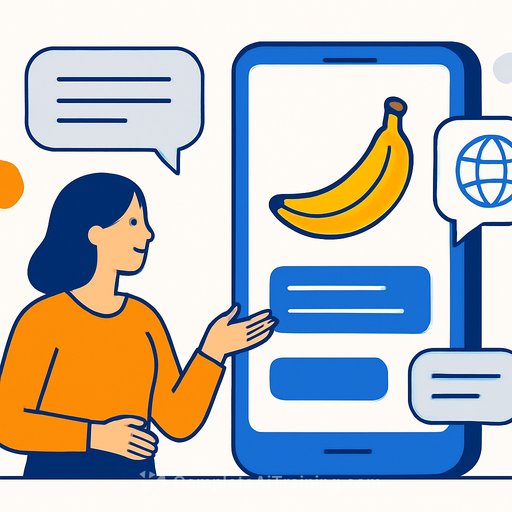Concerns Over AI in Filmmaking
Filmmakers, industry experts, and students in the UAE are raising alarms about artificial intelligence stripping cinema of its human essence and threatening creative careers. This follows the launch of Showrunner by Fable, an Amazon-backed company. Showrunner is an AI platform that allows users to produce fully animated series from simple text prompts, handling everything from animation to voiceovers.
The reaction in the UAE is mixed. Some see AI as a helpful creative tool, while others warn it risks churning out generic, soulless content and undermining career opportunities for aspiring storytellers. Showrunner is currently in limited release but is expected to be widely available soon.
How Showrunner Works
Users input brief text prompts ranging from character and setting descriptions to detailed scene scripts. The AI generates storyboards, animates characters, voices dialogue, and assembles watchable episodes. Creators can build original series or customize templates like “Exit Valley” (a Silicon Valley satire) or South Park-style animations.
Access is limited to a select group testing the platform, with a small library of prebuilt series available for modification. The AI performs best with familiar genres and formats, which limits its ability to replace traditional filmmaking, according to industry experts.
Filmmakers' Fears
Faisal Hashmi, a UAE director and co-writer of City of Life 2, warns that AI platforms like Showrunner risk removing the human vision essential to filmmaking. “What is film if not the vision of a storyteller using their own experiences to make you feel something? If you remove that process, is it really a film anymore?” he asks.
While AI-generated projects like the short film The Ghost in My Machine show speed and visual creativity, critics say they lack emotional depth. Hashmi believes audiences will eventually reject AI-only content but sees AI as a useful tool when it supports rather than replaces filmmakers. He uses AI for storyboarding and visual effects, emphasizing collaboration between human creativity and AI tools.
Experts agree AI cannot yet match human originality. Creative input remains essential to make AI-generated content truly engaging.
Will We Need Filmmakers?
Razan Takash, head of film at SAE University Dubai, points out that AI shortcuts the essential learning process for aspiring filmmakers. “Instead of learning filmmaking, they’re learning film prompting,” she says. She compares it to weightlifting—you can’t expect to become a bodybuilder by having someone else do the lifting.
Takash acknowledges AI could help those with filmmaking knowledge but limited resources. However, as AI access widens, originality risks being lost. “Eventually, everybody’s going to have the opportunity to make this kind of content,” she warns, making it harder to stand out—similar to early days of streaming and YouTube.
Professor Bentley highlights copyright concerns, noting most AI content is derivative, trained on human artists’ work. Artists might need to license their creations or consider legal action against unauthorized use.
No Humanity
Nada Majdalawieh, a UAE-based master’s student in TV and screenwriting, expresses concern about AI’s impact on creative careers. “Storytelling is inherently human, and replacing it with something generated feels like a step backward,” she says.
She warns that AI could automate roles from scriptwriting to directing, cutting out creative professionals who have spent years developing their craft. “These aren’t distant hypotheticals,” she adds. “They’re real concerns already looming over us as students. We can all feel it, and honestly, it’s scary.”
New Access for Creators
Mohammed Mamdouh, filmmaker and assistant professor at the American University of Sharjah, offers a more optimistic perspective. He believes AI can open doors for storytellers who might otherwise be excluded. “AI-generated shows and films empower storytellers who might otherwise be sidelined,” he says. “That’s a radical shift in access.”
Mamdouh sees AI as a transformation, not an end, calling it “not the death of cinema” but a “rebirth.” Still, he cautions that AI risks undermining filmmaking’s collaborative nature when a director works solo with AI, potentially losing the rich input from production designers, cinematographers, and sound artists.
Industry Outlook
The AI market in film is set to grow from $1.28 billion in 2024 to $1.6 billion in 2025, reaching around $14 billion by 2033, according to The Business Research Company. The broader AI sector in media and entertainment is expected to jump from $25.98 billion this year to nearly $99.48 billion by 2030.
In the Middle East and North Africa, subscription video-on-demand revenue is forecast to hit $1.5 billion by 2025, driven by platforms like Shahid, Netflix, YouTube Premium, and StarzPlay. Analysts believe AI could lower production costs and speed up localization. Hollywood studios are already testing hybrid models blending human creativity with AI-generated visuals.
Future of Storytelling
Despite global adoption, UAE creatives remain cautious about fully embracing AI. Hashmi believes the pendulum will swing back as audiences crave original, human-made stories. Majdalawieh acknowledges that filmmaking opportunities will continue for now but warns about growing uncertainty.
Mamdouh urges filmmakers to shape AI’s role in storytelling rather than resist it. “We must shape the future rather than let it shape us,” he says.
Professor Bentley doubts AI can truly replicate human emotion. “If you don’t mind unoriginal and rather dull content, then AI will be fine for you,” he notes, adding wryly that this describes many Hollywood movies. His advice: “Reality is always better than imitation, and AI can only imitate us.”
Your membership also unlocks:

